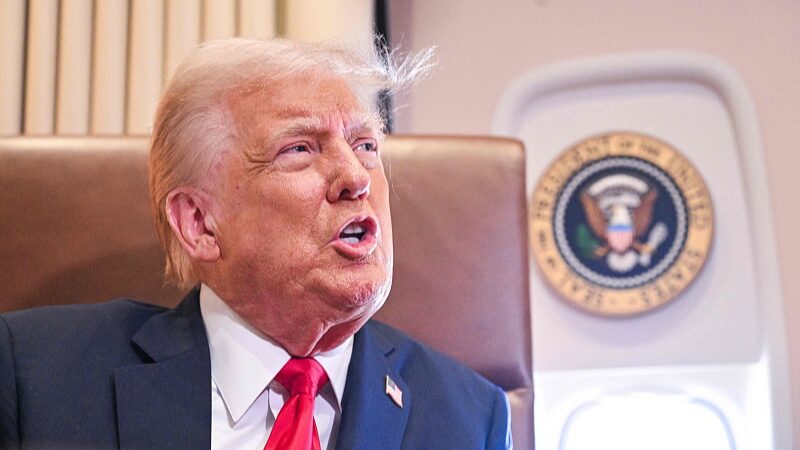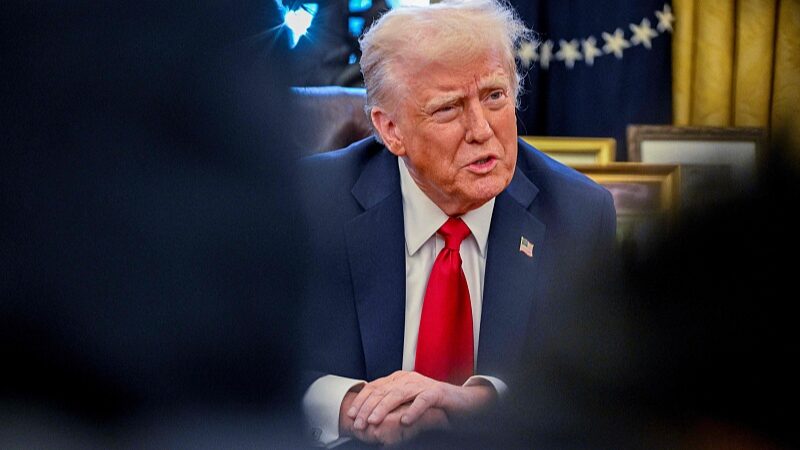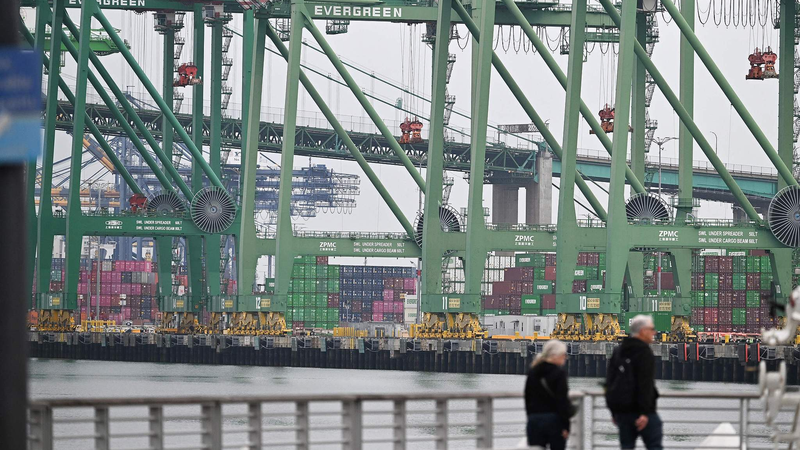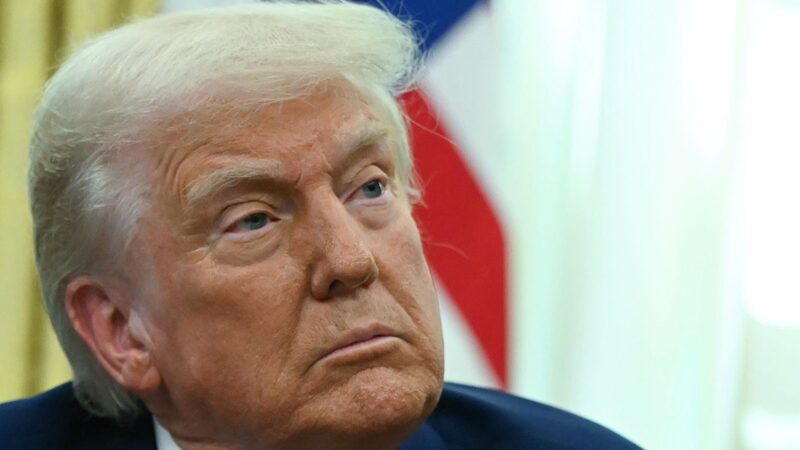The U.S. economy shrank by 0.3% in the first quarter of 2024, driven by a historic drag from net exports and reduced federal spending, reigniting debates over the impact of tariff policies under the Trump administration. The decline follows a 2.4% growth in Q4 2023, with experts warning of a "vicious cycle" fueled by trade uncertainty.
According to the U.S. Bureau of Economic Analysis, net exports subtracted nearly 4.83 percentage points from GDP—the largest drop in over 50 years—as businesses rushed to stockpile imports ahead of anticipated tariffs. Consumer spending growth slowed sharply to 1.8%, compared to 4% in the previous quarter, while federal spending cuts erased 0.33 percentage points from growth.
Analysts emphasize that the contraction reflects immediate trade policy shifts rather than a broader recessionary trend—for now. James Boys of University College London warned the White House may pressure the Federal Reserve for rate cuts, saying the data "will not be seen as good news." Wei Liang of China Institutes of Contemporary International Relations cautioned that without reversing tariffs and austerity measures, the U.S. risks a "systemic crisis."
Criticism has mounted over the administration's economic strategy, with former Treasury Secretary Lawrence Summers calling Trump's first 100 days "disastrous," citing plunging markets and consumer confidence. University of Michigan economist Justin Wolfers estimated recession odds have surged from 10% to 55% due to policy "chaos."
With half of S&P 500 companies reporting earnings, analysts note widespread uncertainty as firms navigate shifting tariffs. The Associated Press reported that Trump's "on-again-off-again" trade approach leaves investors and executives struggling to plan, amplifying fears of prolonged instability.
Reference(s):
U.S. economy shrinks in Q1 amid Trump tariffs, recession concerns grow
cgtn.com








